Urinary Incontinence
Incontinence will affect 1/3 women sometime across their lifespan. It can drastically affect their ability to exercise, socialize and as they get older, live independently. It can also be a source of financial burden when the use of incontinence products is required. The great news is pelvic physiotherapy is an extremely effective treatment for incontinence; you are 8x more likely to be cured and 17x more likely to have symptom improvement if you seek help from a pelvic physiotherapist.
Types of Incontinence
Urgency Urinary Incontinence
Complaint of involuntary loss of urine associated with urgency.
Often associated with a cue (running water, putting keys in the door, mid run or walk).
Stress Urinary Incontinence
Complaint of involuntary loss of urine on effort or physical exertion.
Often associated with running, jumping, laughing, sneezing, coughing.
Overflow Urinary Incontinence
Complaint of involuntary release of urine from an overfull bladder, often in the absence of any urge to urinate.
Often associated with not taking regular bathroom breaks, drinking too much water/fluids, certain medications.
What to Expect with a Pelvic Physiotherapy Assessment?
Subjective history where we ask you things like:
When do you leak urine? How much? How often?
How long have your symptoms been going on?
Has anything made it worse?
How often do you pee during the day? At night?
How much fluids are you drinking?
What strategies are you using to cope with your incontinence?
Internal exam:
An internal exam is not required, but it gives us a lot of information! We will walk you through everything we do before and during the exam to make sure you feel comfortable.
An internal exam gives us information about your pelvic floor strength, endurance, muscle coordination and tension.
What Does Treatment Look Like?
We will provide you with education on the type of incontinence you have and strategies for improving it.
Pelvic floor training
Core strengthening
Program for gradual return to impact exercise
Bladder retraining for healthy bladder habits
What Can I Do to Prepare for my Appointment?
Fill out a bladder diary beforehand (see link below). It provides us with useful information that can help guide treatment.
https://myhealth.alberta.ca/Alberta/Pages/bladder-bowel-diary.aspx


